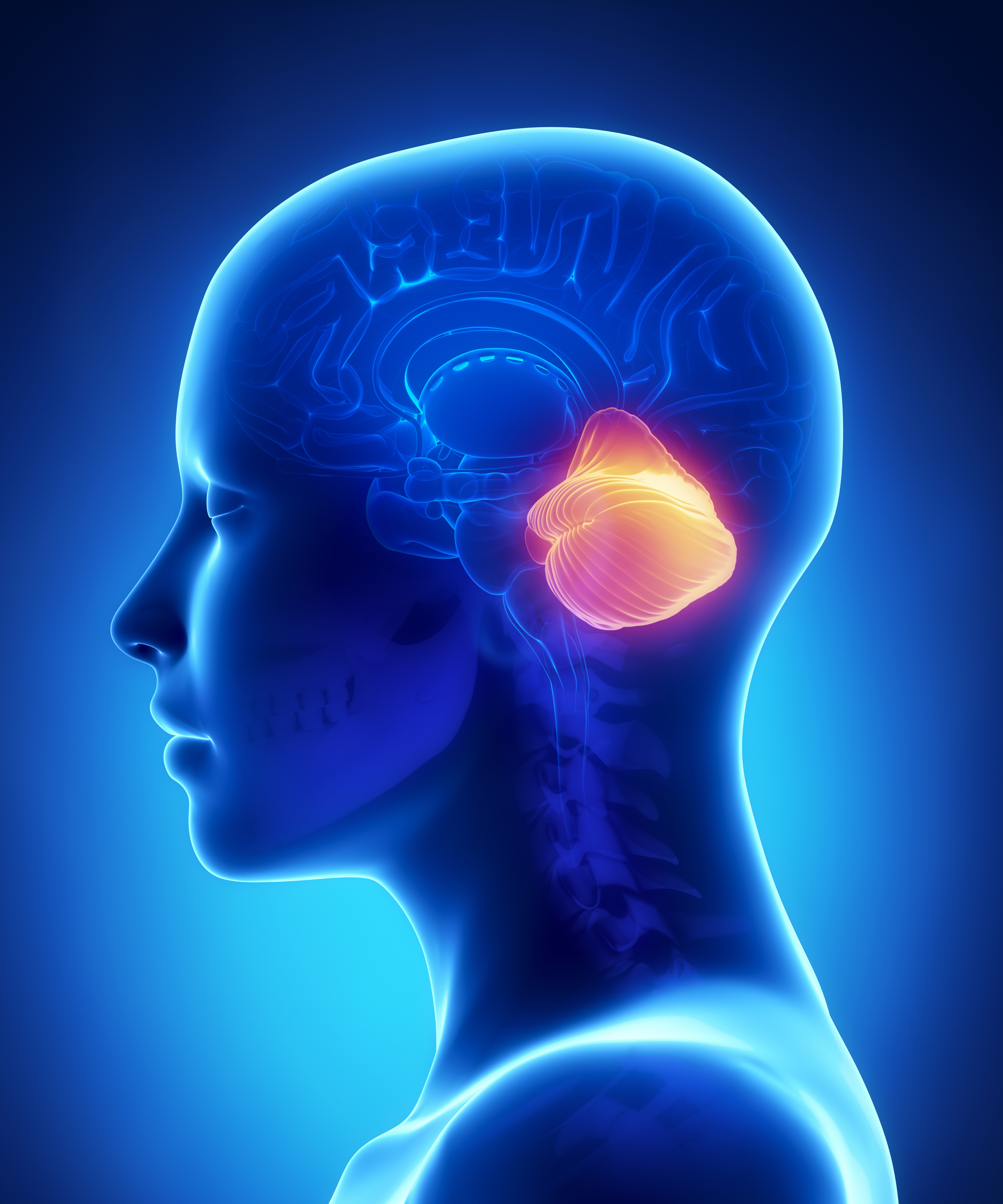Friedreich’s Ataxia Patients Have Personality and Minor Cognitive Challenges, Study Suggests

Friedreich’s ataxia patients have a specific personality and neuropsychological profile that is characterized by very mild cognitive impairment, a new study shows.
The study, “Personality and Neuropsychological Profiles in Friedreich Ataxia,” was published in the journal The Cerebellum.
People with Friedreich’s ataxia (FA) have lesions found primarily in the cerebellum and cortex of the brain. FA patients tend to lack coordination and have gait disorders due to spinal cord degeneration, cerebellar atrophy, or both.
In addition to playing a role in motor control, the cerebellum also contributes to non-motor functions, such as social cognition. Studies have found that patients with FA can exhibit subtle cognitive and psychiatric abnormalities.
In fact, a long-term follow-up of FA patients at the French national reference center for rare diseases defined a clear clinical pattern that consisted of increased irritability and poor control of impulses.
But other studies have found conflicting results depending on the tests that were used and the small sample size of patients. So researchers set out to investigate the personality and neuropsychological characteristics in a large group of Friedreich’s ataxia patients through a set of tests.
Researchers recruited 47 patients and administered tests that assessed neuropsychological traits such as processing speed, attention, working memory, executive functions, verbal memory, vocabulary, visual reasoning, emotional recognition, and social cognition. Personality was assessed with the Temperament and Character Inventory test, and symptoms of depression were evaluated using the Beck Depression Inventory scale.
Results from the study show that FA patients had issues with sustained attention, processing speed, semantic capacities, and verbal fluency, all of which could only be partly attributable to motor deficits or depressed mood.
Automatic processes, such as reading, were also altered, which could be related to lesions in the cerebellum.
Interestingly, visual reasoning, memory, and learning were preserved in these patients. Emotional processes and social cognition were also not affected.
When evaluating personality traits, researchers found that Friedreich’s ataxia patients tended to exhibit high persistence and low self-transcendence. Self-transcendence relates to ideas about spirituality and self-awareness.
Researchers determined that there is mild cognitive impairment in patients, bu they believe it may be developmental rather than degenerative. They postulate the impairment is likely due to early cerebellum dysfunction which affects cognitive and emotional processing.
Researchers also determined that the timing of disease manifestation may have an impact on personality traits.
“Friedreich’s ataxia patients had a specific personality and neuropsychological profile,” researchers concluded. “The neuro-psychological profile was characterized by a low vocabulary level, changes in automatisms, such as reading, and deficits in sustained attention, and processing speed.
“The FA-related personality traits, characterized by high persistence and low self-transcendence, may be linked to this particular neuropsychological profile,” they added.






